Modern sea-level rise linked to human activities, Rutgers research reaffirms
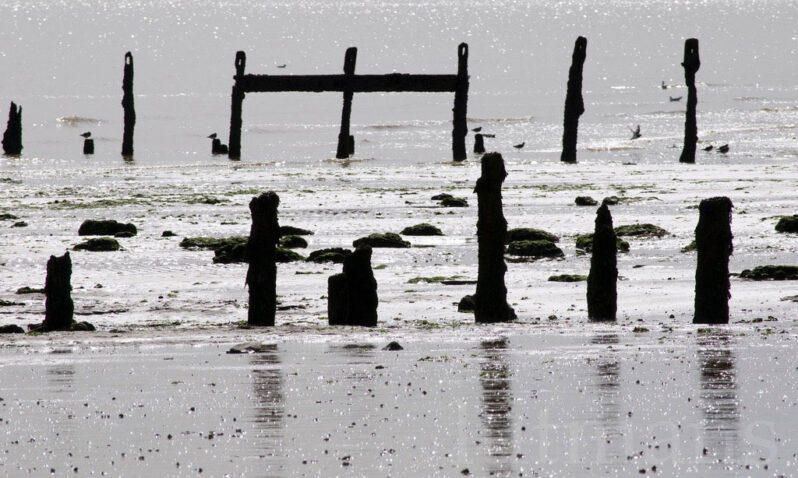
New research by Rutgers scientists reaffirms that modern sea-level rise is linked to human activities and not to changes in Earth’s orbit. The paper reconstructed the history of sea levels and glaciation since the age of the dinosaurs ended.
Trump dismantles environmental protections under cover of coronavirus

The Trump administration is diligently weakening US environment protections even amid a global pandemic, continuing its rollback against the environment, as the November election approaches.
Potentially fatal combinations of humidity and heat are emerging across the globe

Analyzing data from weather stations from 1979 to 2017, scientists found that extreme heat/humidity combinations doubled, and not surprisingly, incidents tended to cluster on coastlines along confined seas, gulfs and straits, where evaporating seawater provides abundant moisture to be sucked up by hot air.
Sea levels could rise more than a metre by 2100, experts say

Sea-level rise is faster than previously believed and could exceed 1 metre by the end of the century unless global emissions are reduced, according to a survey of more than 100 specialists.
Global trade in soy has major implications for climate
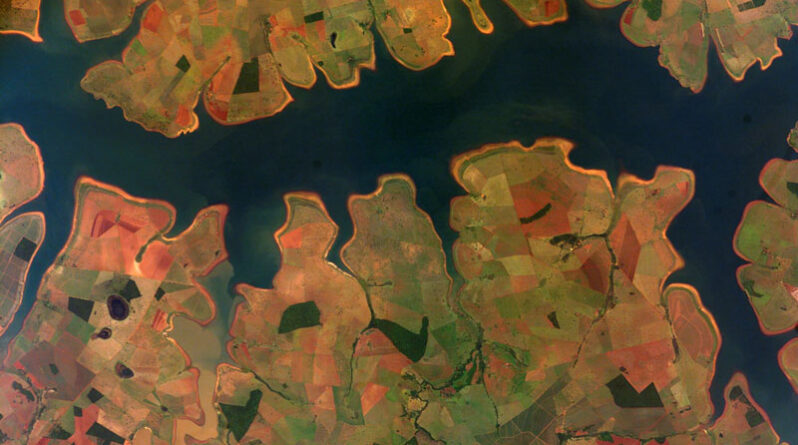
Global soy trade is a major source of greenhouse gas emissions for multiple reasons. The conversion of natural vegetation into arable land is probably the most important cause, but greenhouse gases are also released during the harvesting, the processing into derived products, the subsequent transport to ports of export and shipment.
California’s critical kelp forests are disappearing in a warming world. Can they be saved?
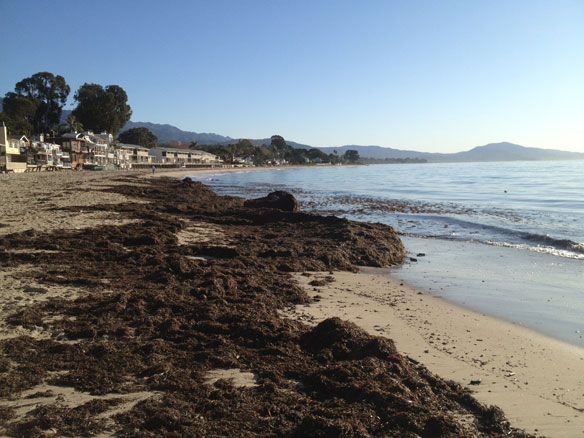
The “sequoias of the sea” suck up carbon and shelter special species. They’ve been hit hard, but scientists, surfers, and more are banding together to save them.
Fortress Charleston: Will Walling Off the City Hold Back the Waters?
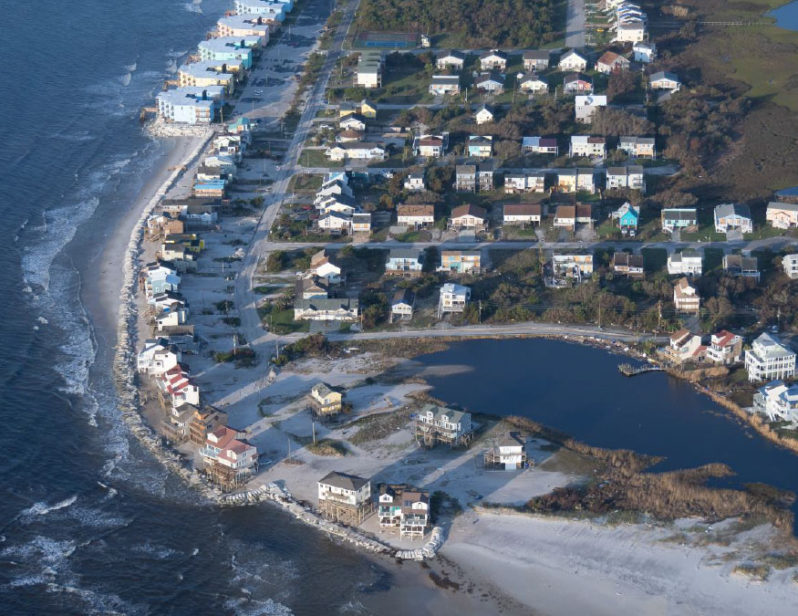
Officials in Charleston, South Carolina have endorsed a $2 billion plan to wall off the historic downtown from rising seas and surging storms. It is the latest in a growing number of extravagantly expensive seawalls and barriers being proposed to defend U.S. coastal cities.
If we can put a man on the moon, we can save the Great Barrier Reef

Scientists recently confirmed the Great Barrier Reef suffered another serious bleaching event last summer—the third in five years. Dramatic intervention to save the natural wonder is clearly needed.
As sea levels rise, will drinking water supplies be at risk?
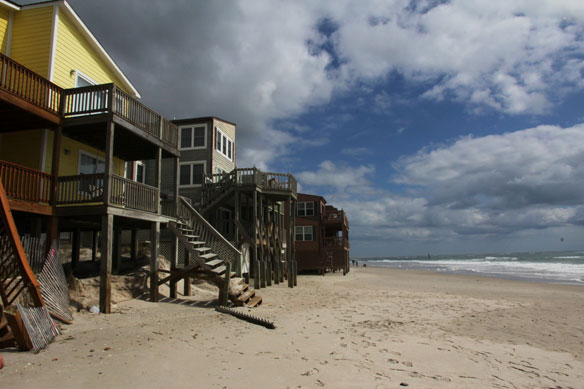
The Delaware River, a major source of drinking water for Philadelphia, is facing an emerging threat as rising seas push saltwater farther upstream. It’s a problem that other places, from Miami to Shanghai, will also confront, especially as increasing drought lowers river flows.
